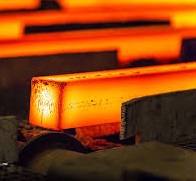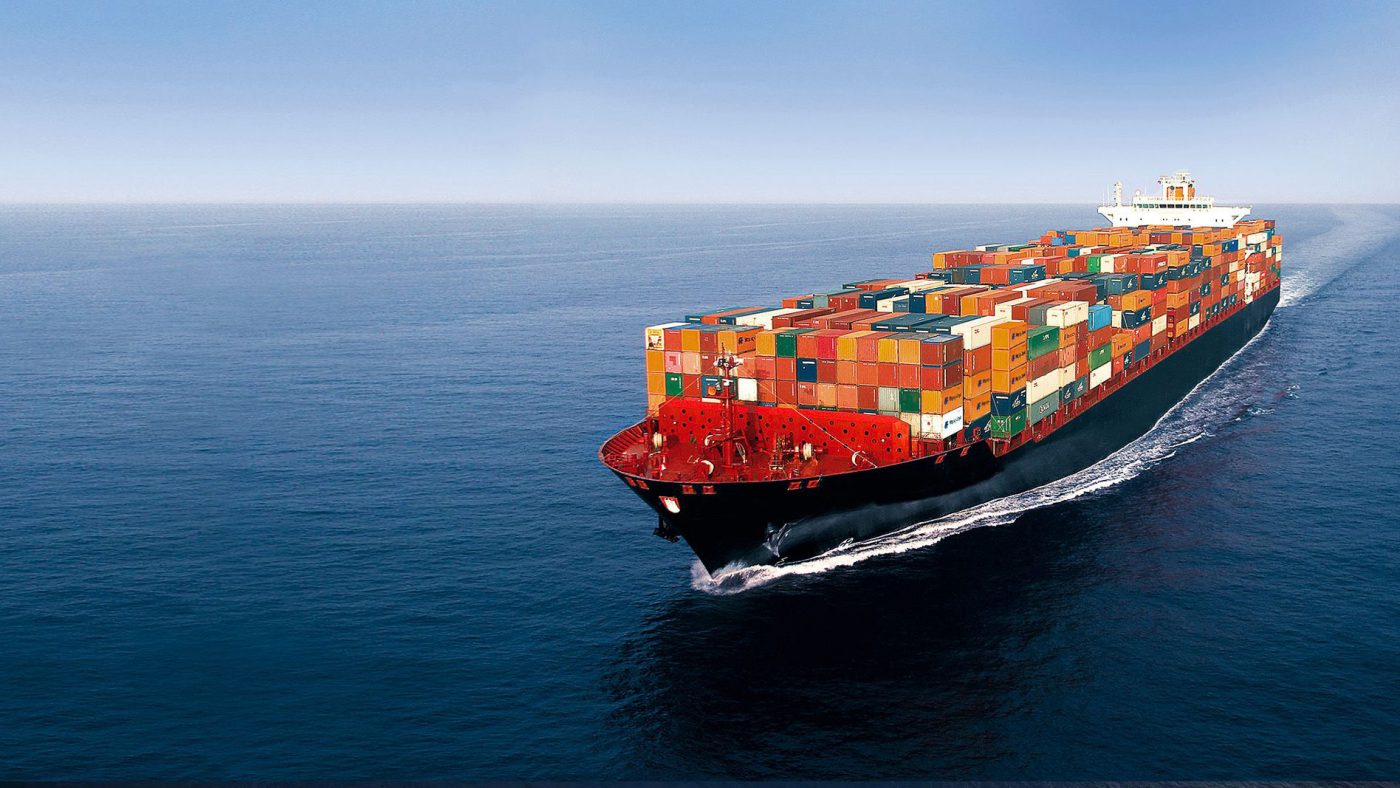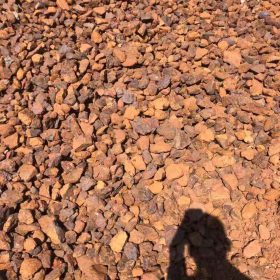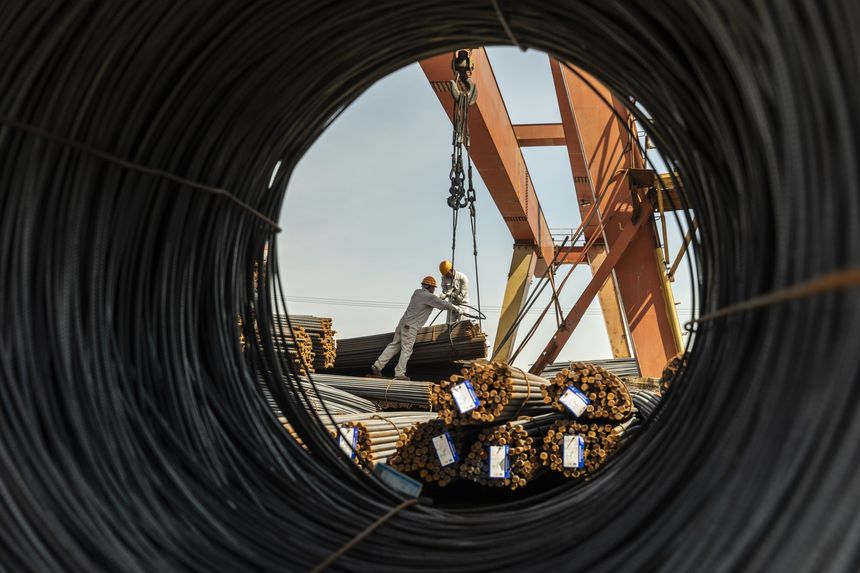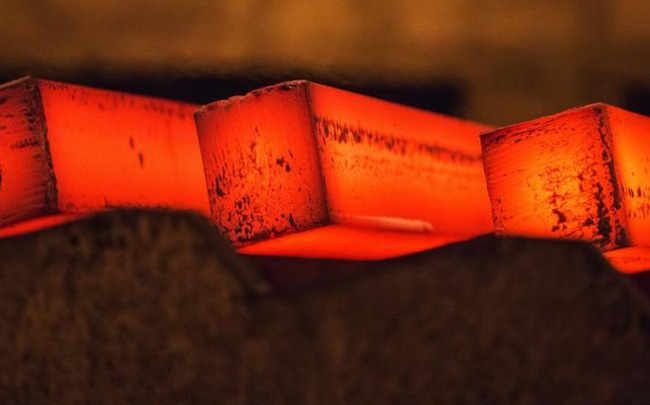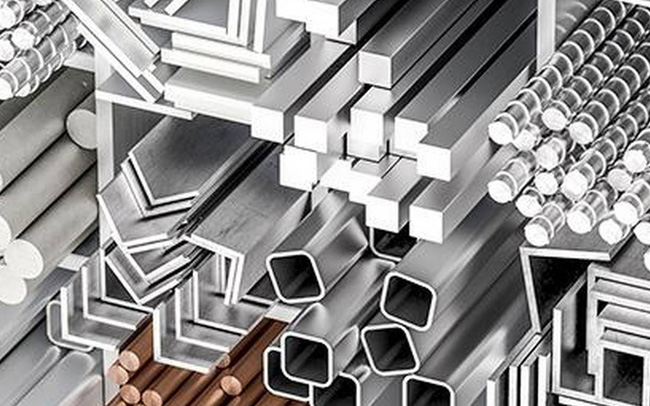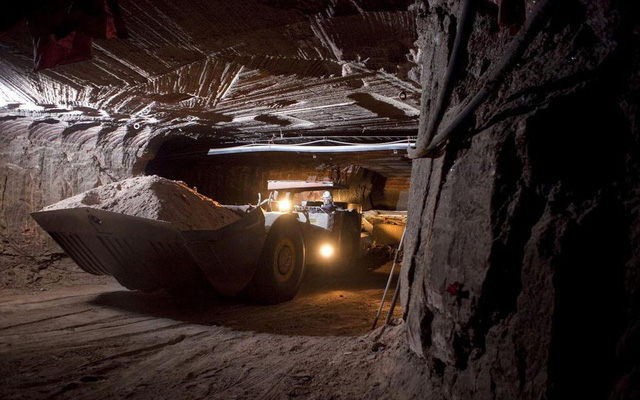The price of iron ore for September 2021 on Dalian bourse fell 1.5% to 1,198 CNY ($187.26)/ton. Rebar price for October 10/2021 fell 2.9% to 5,014 CNY/ton, hot rolled coil price dropped 2.7% to CNY 5,280/ton.
Iron ore prices in China fell, as exports from major suppliers rose and followed a trend in steel prices lower, as traders worried about potential government controls.
The price of iron ore for September 2021 on Dalian bourse fell 1.5% to 1,198 CNY ($187.26)/ton.
Iron ore exports from Australia and Brazil last week totaled 26.14 million tonnes, up 1.1 million tonnes from the previous week, consulting firm Mysteel said.
China’s crude steel output in May 2021 reached a record high of 99.45 million tonnes, the National Bureau of Statistics said.
At the same time, on the Shanghai trading floor, the price of rebar for October term in October 2021 decreased by 2.9% to CNY 5,014/ton, hot rolled coil price decreased by 2.7% to CNY 5,280/ton. The price of stainless steel for July 2021 futures fell 1.6% to 16,075 CNY/ton.
BEIJING (Reuters) – China’s National Strategic Food Reserve said on June 16 it would start selling key industrial metals in government stockpiles amid the sharpest rise in producer prices in 13 years, causing a surge in producer prices. concerns about global inflation, the Wall Street Journal reported.
As the world’s largest importer of many industrial goods, China is using its influence to curb the sharp rise in global metal prices over the past 12 months. Previously, economic stimulus measures along with the resumption of economic activities in major countries around the world have spurred a wave of raw material purchases in China and many others.
This move by China is aimed at copper, aluminum and zinc markets. Metals will be sold in batches and through a public auction program for metal producers and processors.
Elsewhere, the State Asset Management and Supervision Commission required state-owned enterprises to control risks and limit transactions with foreign commodity markets, Bloomberg quoted an unnamed source as saying. Companies are required to report their commodity positions to the agency for review and evaluation.
Following this news, prices of most metals fell on the Shanghai Commodity Futures Exchange. Iron ore prices on the Singapore Commodity Exchange also fell.
“We haven’t seen China release its national stockpile in years. This action will help improve supply in the short term and help the market cool down,” said Jia Zheng, commodities trader at Shanghai Dongwu Jiuying Investment Management. The last time China sold copper in the national reserve was in 2005, and for aluminum and zinc it was in 2010.
Meanwhile, closely monitoring positions for foreign goods is to limit the wave of excessive speculation in the context of “hot” price increases and may bring risks to state-owned enterprises. .
Previously, the government also asked domestic enterprises, including steel mills, trading companies and commodity brokers, to reduce their long positions in the futures market for volatile raw materials. as strong as iron ore and coal.
China is said to have been relatively slow relative to the market, as the prices of some metals, such as copper, have begun to fall in recent weeks as investors no longer worry about supply. The effectiveness of Beijing’s measures to free up metals from the national stockpile depends largely on the amount of goods it intends to sell, according to analysts.
Source: VITIC/Reuters
T&G . International Joint Stock Company
Address: 352 Hue Street, Le Dai Hanh Ward, Hai Ba Trung District, Hanoi
Hotline: 0345786803
Email: hrm@tginterjsc.com
Website: http://tginternationaljsc.com



